Sen. Bam to DepEd: Teach financial literacy in schools
The Department of Education has yet to roll out the law mandating financial literacy and entrepreneurial training in basic education.
“Two years have passed since the Youth Entrepreneurship Act was passed into law but there is still no movement in its implementation,” said Sen. Bam, the principal sponsor and co-author of Republic Act No. 10679 in the 16th Congress.
The law mandates that the implementing rules and regulations (IRR) be promulgated within one hundred twenty (120) days from its effectivity.
“We need to teach young Filipinos about money and savings as soon as possible. Financial literacy and basic training in business can help the next generation overcome poverty,” added Sen. Bam, an advocate for the empowerment of the Filipino youth.
The Youth Entrepreneurship Act or R.A. 10679 requires financial literacy to be included in our basic curriculum and encourages young would-be entrepreneurs to establish their own business.
“This can also help address unemployment as it gives students the know-how to start a business, an alternative to seeking employment,” added Sen. Bam.
Sen. Bam also passed the Go Negosyo Act, establishing over 600 Negosyo Centers and counting across the Philippines to help our countrymen build a successful business as a source of livelihood.
The senator is also the principal sponsor of the Universal Access to Quality Tertiary Education Act, providing free tuition and miscellaneous fees in public universities and colleges.
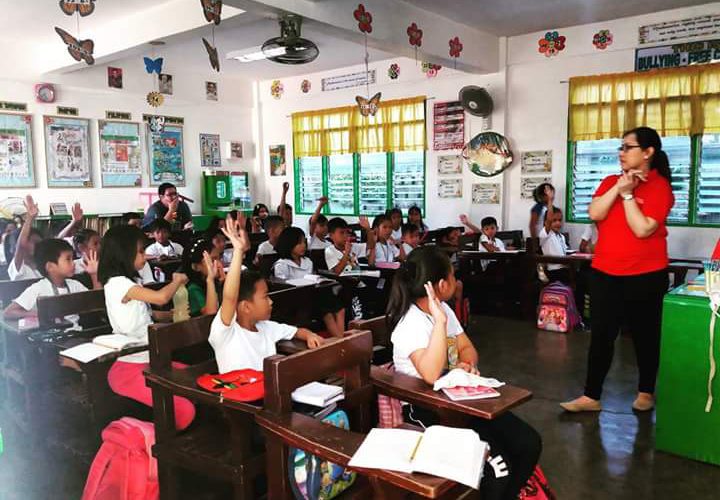
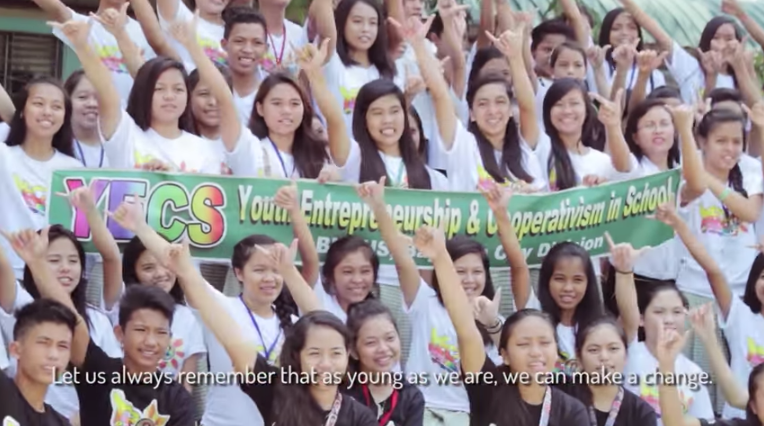
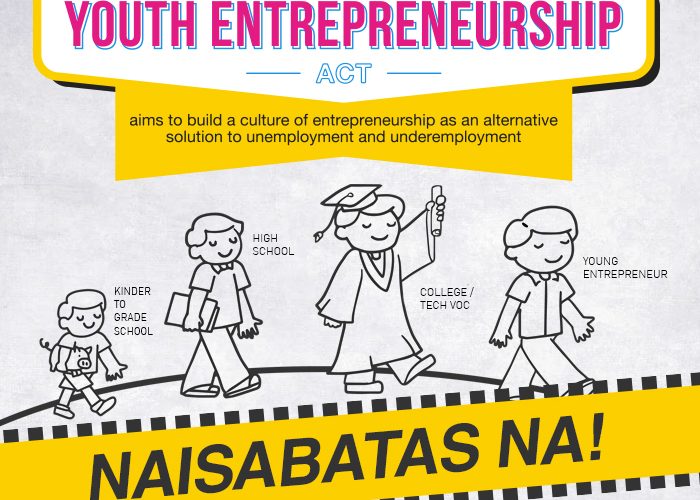
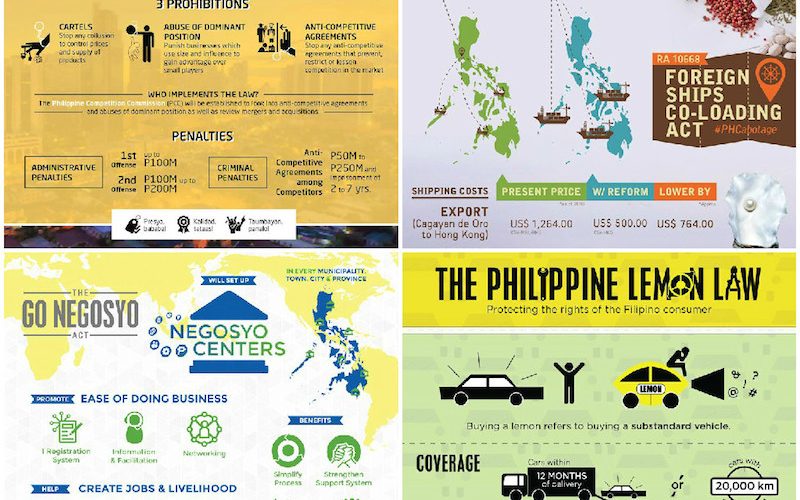
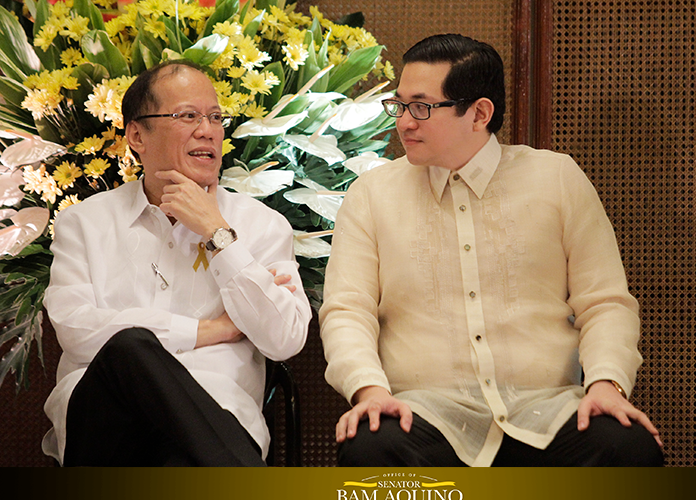
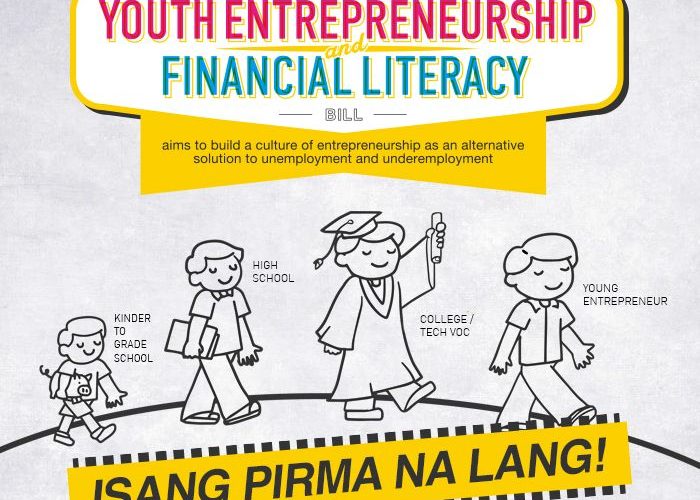
Recent Comments